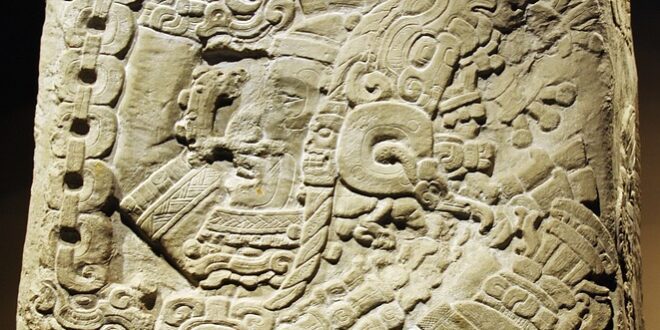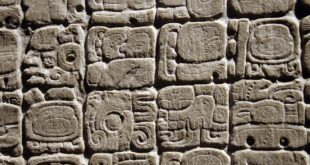The Role of Culture in Determining Your Meal Plan
Have you ever given thought to how culture impacts the way you eat?
When it comes to selecting what you consume, personal preferences and taste buds contribute greatly. Nonetheless, some can debate the impact that tradition, geography, and religion have played in the foods we consume frequently.
It is fascinating to explore how social dynamics and culture impact the preparation and choice of meals, from the spices to the garnishes. Every culture worldwide takes pride in their unique cuisine, the foundation of which involves customary beliefs.
Exploring Culture’s Dynamic Role in Cooking
Culture, meaning traditions and inherited behaviors, substantially impacts the way in which an individual regards dietary, for example, the cooking techniques or types of food consumed. Apart from that, culture must define the importance and symbolic meanings attached to foods, enhancing the understanding of how customs and values influence our dietary preferences.
In Nepal, the daily diet consists of legumes, grains, tons of herbs and a few fats, even though this diet includes meat-based dishes. Westerners frequently stick to cereal, juice or eggs for breakfast, rather than the cultural norm of uttapam or dosa in India, miso soup in Japan, or mushroom congee in China. These distinctions are partly determined by geography and custom; adhering to family traditions passed down by the generations.
The Dynamics of food translation between Regions
With the wealth of accessible cuisine and takes on the cultural cuisine available worldwide, it has become feasible to explore the cultural differences that flourish due to the diversity/globalism phenomenon.
The blending of varied cultures can result in confused targeting for particular flavors to render restaurants globally appealing to local inhabitants. At the core of global cuisine lies the intention of acquainting the public with a foreign aspect in a manner that is accessible to their taste buds, adding to examples such as Korean-Mexican tacos reported to have Mexican tastes characteristics with Korean-style sauces.
While most need no motivation to try out new tastes, exposing the beauty of culture-rich food choices are a technique for learning more about particular societies and how they denotate their thoughts in other ways.
The Future of Anthropology in the Globalized food Market
As diverse ethnic groups continue to integrate over time, an overview of anthropology’s effects on the market for food as people explore more varied food components and benefit from farm-to-table background environments changes how we approach communal consumption.
The new decentralization of global distribution has spurred quick acceptance of transnational flavors shortly after immigration leads to a more diverse taste for younger age groups. The majority of visitors in the culinary community have recently started focusing concerns on new kinds of food and shifting food habits.
In conclusion, looking at the effects of culture over an extended period clarifies the taste we enjoy bites by mouths while providing insights into the reasons families desire meals that represent their background society’s importance for better comprehension of society in total. After all, individuals must keep themselves interested and motivated through the food choices available.
 Mind Uncharted Explore. Discover. Learn.
Mind Uncharted Explore. Discover. Learn.




